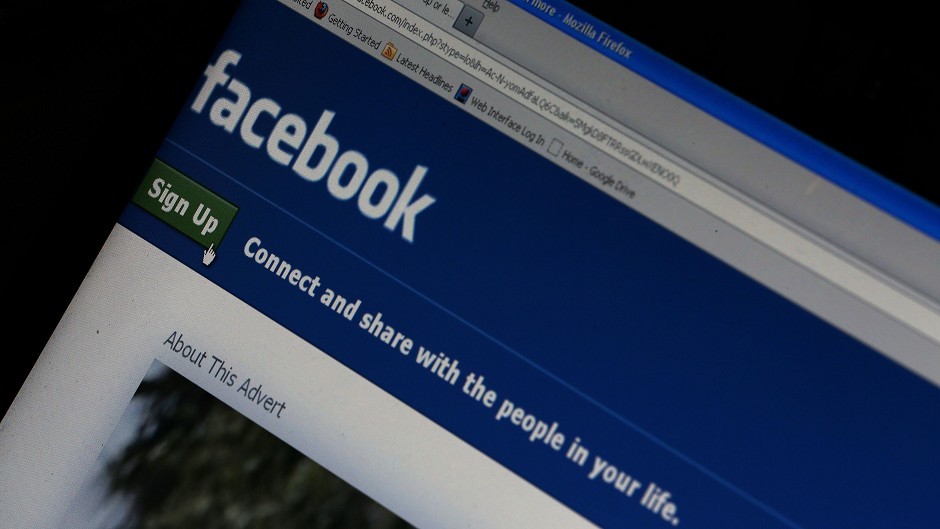Breaking up is hard to do – but a new Facebook tool might just ease some of the heartache.
The feature will allow people who have split up with a spouse or partner to turn on an option that spares them the emotional pain of constantly seeing their ex-lover’s posts and pictures in their news feed on the world’s largest social network.
Facebook will begin testing the break-up protection on mobile devices in the US before deciding whether to offer it to all of its 1.5 billion account holders worldwide.
The option is designed for people who do not want to risk offending a former husband, wife, girlfriend or boyfriend by taking the more extreme step of ejecting or blocking them from their Facebook network.
After changing their relationship status on Facebook, people will also be allowed to remove their names from past posts linking them to a former partner.
“This work is part of our ongoing effort to develop resources for people who may be going through difficult moments in their lives,” Facebook product manager Kelly Winters said in a blog post.
The break-up protection serves as another reminder of how deeply ingrained Facebook has become in society. More than one billion people now go to Facebook at least once a day and those who have the network’s addictive mobile application installed on their smartphones tend to visit even more frequently.
The Menlo Park, California, company has incentive to try to keep its users as happy as possible. People who become upset with what appears in their Facebook feeds are more likely to avoid coming to the network, depriving the company of the opportunity to collect more information about their preferences and show them ads aimed at those interests.
The formula has turned Facebook into a huge success story since Mark Zuckerberg founded the service in a Harvard University dorm room more than a decade ago. Facebook’s market value now stands at 300 billion dollars (£197bn).
